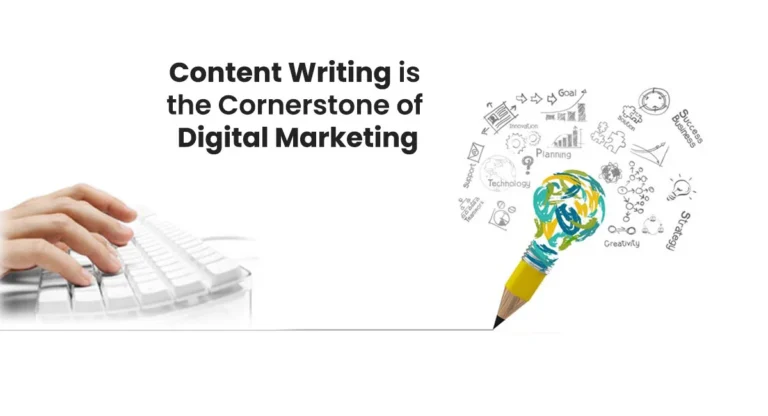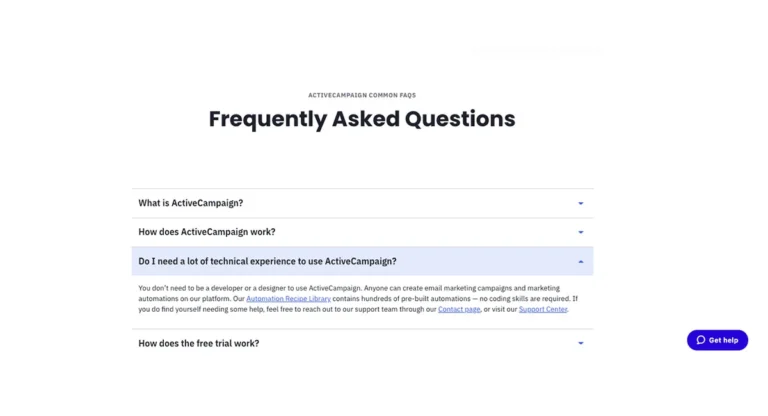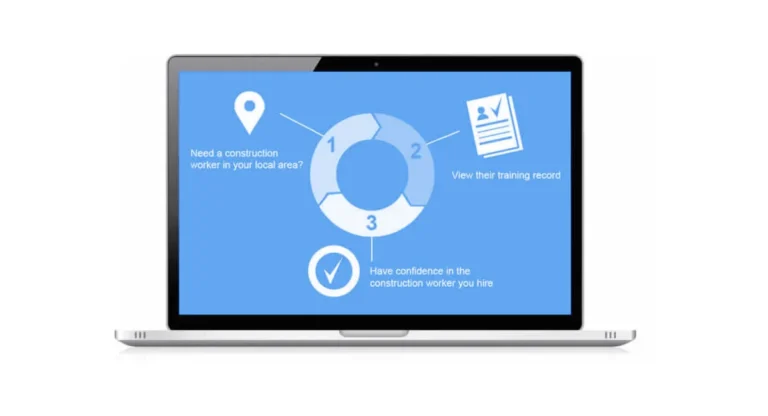“Good content isn’t about good storytelling. It’s about telling a true story well.” – Ann Handley
Table of Contents
In today’s digital landscape, where every brand is vying for attention, the power of well-crafted content cannot be underestimated. The rise of visual and video content has undoubtedly shifted how audiences engage with brands. However, written content remains the bedrock of effective digital marketing strategies. As the demand for content writing grows, so does the need for diverse, compelling examples to guide aspiring writers and marketers. Whether you’re a seasoned content writer or a business owner looking to boost your website’s appeal, understanding different types of website content writing examples is crucial.
Content writing plays a pivotal role in driving success for any digital marketing agency by establishing brand authority, improving SEO rankings, and converting leads into loyal customers. Unlike other forms of content, written material offers a unique opportunity to convey detailed information and connect with readers on a personal level. When done right, content writing can establish your brand’s authority, improve SEO rankings, and drive conversions.
But what does effective content writing look like? The answer lies in understanding the variety of content types and how they can be used to achieve specific marketing goals. Below, we’ll explore a few website content writing examples that showcase the versatility and impact of well-written content.

Blogging is perhaps the most common form of content writing, and for good reason. Blogs are a versatile tool for businesses to share insights, offer advice, and connect with their audience. A well-written blog post can enhance your brand’s credibility, boost SEO, and drive traffic to your website.
When creating blog posts, it’s essential to focus on storytelling.By weaving narratives that resonate with your audience, a content marketing agency can effectively engage readers, encouraging organic shares and expanding the content’s reach across digital platforms.. For instance, a blog that delves into the origin story of a brand or explores the behind-the-scenes process of product creation can make your brand more relatable.
To see successful examples of blog content, examine websites that consistently produce high-quality, engaging blogs. Look for website content writing examples that illustrate how storytelling can be a game-changer in digital marketing.

Landing pages are often the first point of contact between a potential customer and your brand. The primary purpose of these pages is to turn visitors into leads or paying customers.Therefore, the content on a landing page must be clear, concise, and persuasive.
A great landing page focuses on a specific offer or action, such as signing up for a newsletter or purchasing a product. The content should be crafted to guide the visitor seamlessly from the headline to the call-to-action (CTA). Every word counts, and the layout should support the flow of information.
For those looking to create compelling landing pages, studying website content writing examples that have proven conversion rates can provide valuable insights. Effective landing pages often include strong headlines, benefit-driven copy, and social proof to persuade visitors to take action.
Product descriptions are more than just listing features. They are an opportunity to sell a product by highlighting its benefits and addressing potential customer pain points. The best product descriptions are not only clear and compelling but also incorporate essential skills for social media marketing, ensuring that the content resonates with both the target audience and social media algorithms, thereby maximizing visibility.
When writing product descriptions, it’s essential to strike a balance between being informative and persuasive. Highlight what makes the product unique and explain how it solves a problem or meets a need. Additionally, using sensory language can help the reader visualize the product and its benefits, making it more appealing.
For instance, consider how luxury brands write their product descriptions. They often use rich, descriptive language to evoke a sense of quality and exclusivity. These website content writing samples can serve as inspiration for creating your own product descriptions that resonate with your audience.
A Frequently Asked Questions (FAQ) page is a valuable piece of content that addresses common customer concerns and objections. It’s a proactive way to provide information that can help visitors make informed decisions, reducing the need for them to contact customer support.
Effective FAQs are structured to be easily navigable, with clear, concise answers to each question. They should cover the most common queries about your products, services, shipping, returns, and more. By addressing these questions upfront, you can build trust with potential customers and improve their overall experience on your site.
When crafting an FAQ page, look at other website content writing examples for inspiration. Notice how they organize the questions and the tone they use in their answers. A well-crafted FAQ page not only enhances user experience but can also improve your website’s SEO.

Case studies are powerful tools that demonstrate how your products or services have helped real customers achieve their goals. They provide detailed, evidence-based examples of your solutions in action, making them an excellent way to build credibility and trust with potential clients.
A good case study typically follows a narrative structure, outlining the customer’s problem, the solution you provided, and the results achieved. Including data and direct quotes from the client can add authenticity and make the case study more persuasive.
Businesses looking to create compelling case studies should review website content writing samples that showcase how other companies have effectively highlighted their successes. This can offer guidance on how to structure your case studies and what information to include.

E-commerce pages are where content and design meet to drive sales. The content on these pages needs to be optimized not just for search engines, but also for conversion. This means writing product descriptions that are engaging, creating headlines that grab attention, and including CTAs that compel visitors to buy.
When writing content for e-commerce sites, it’s important to understand the buyer’s journey and tailor your content to meet their needs at each stage. From enticing product descriptions to persuasive customer testimonials, every element should work together to convert visitors into customers.
By studying website content writing examples from successful e-commerce brands, you can learn how to craft content that not only ranks well but also converts. Look for examples that show how content and design can work together to create a seamless shopping experience.

The “About Us” page is where your brand’s story comes to life. It’s an opportunity to share your values, mission, and history with potential customers, helping to build a connection with them. A well-crafted “About Us” page can differentiate your brand from competitors and make a lasting impression.
When writing an “About Us” page, focus on storytelling. Share the journey of your brand, from its inception to its growth. Highlight what sets you apart from others in your industry, and don’t be afraid to inject some personality into the content. Customers are more likely to connect with a brand that feels authentic and relatable.
To create a compelling “About Us” page, review website content writing samples from other brands. Look for examples that effectively communicate the brand’s identity and values, and consider how you can apply similar techniques to your own content.
White papers are in-depth reports that explore a specific topic or issue related to your industry. They are used to educate readers and establish your brand as a thought leader. Unlike blogs, white papers are typically more formal and research-driven, providing detailed information and analysis.
Writing a white paper requires a thorough understanding of the subject matter and the ability to present complex information in a clear, accessible way. It’s important to back up your claims with data and research, and to structure the content in a logical, easy-to-follow format.
If you’re new to writing white papers, studying website content writing examples can provide a helpful starting point. Look for examples that are well-organized, informative, and demonstrate a deep understanding of the topic. These samples can serve as a blueprint for creating your own white papers.
Content is king—and the types of content you create can make or break your online presence. Whether it’s a blog post that tells a compelling story, a landing page designed to convert, or a white paper that establishes thought leadership, each type of content serves a unique purpose in your marketing strategy.
By exploring different website content writing examples and website content writing samples, you can gain inspiration and insights into how to craft content that resonates with your audience and achieves your marketing goals. Remember, the key to successful content writing is understanding your audience, delivering value, and consistently refining your approach. With the right content, your website can become a powerful tool for attracting and converting customers.
Nirbhay Chauhan is a Performance Marketing and ROI Specialist with expertise in SEO, PPC, and media planning. With a passion for data-driven strategies, Nirbhay helps businesses scale by optimizing their marketing efforts to deliver measurable results. His extensive experience in driving online growth and maximizing ROI makes him a trusted partner for businesses looking to elevate their digital presence.